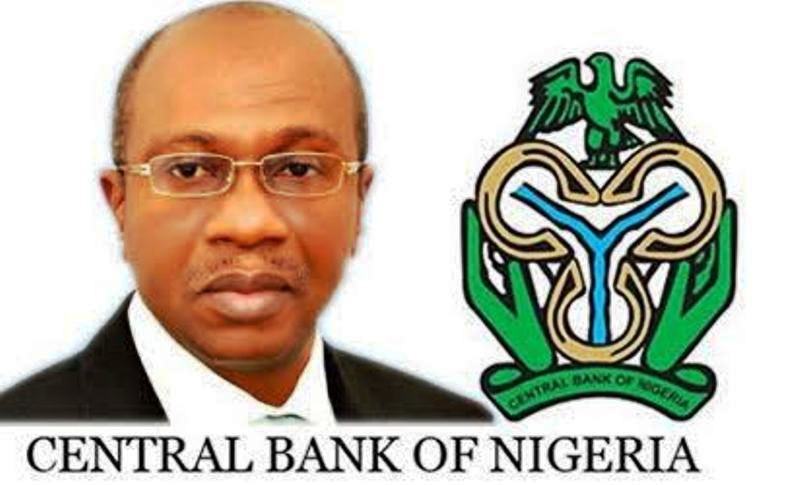Fidelity Bank Plc, a leading Nigerian bank has restated its readiness to continually support the Central Bank of Nigeria’s (CBN) efforts to engender sustainable economic development by significantly improving diaspora remittances and foreign exchange (FX) inflows into the country.
Fidelity Bank CEO, Mrs. Nneka Onyeali-Ikpe who made this known on Saturday at the inaugural edition of the Fidelity Diaspora Webinar Series in Lagos stated that the bank would leverage its robust digital infrastructure, bespoke product offerings and extensive partnership with International Money Transfer Operators (IMTOs) to strengthen remittances inflows.
While applauding the regulator of the financial services industry for its well-timed interventions in the FX market, Mrs. Onyeali-Ikpe stated the virtual event was part of concerted efforts to deepen engagement with Nigerian citizens’ resident abroad, providing them greater clarity on recent policy measures by the CBN and its attendant implications for diaspora investments.
“We are here today to discuss modalities of Diaspora Remittance as well as awareness of investment opportunities in Nigeria. We believe when people are armed with adequate knowledge, they will be able to make informed decisions”, she explained.
Shedding light on the investment opportunities available in the country such as fixed income securities, private equity prospects in companies, modernized agriculture, urban and infrastructure renewal projects, amongst others, she pointed out that many Nigerians in the Diaspora are taking advantage of the bank’s Diaspora Mortgage product to acquire homes in Nigeria.
“As an innovative bank, our digital link on several IMTO sites ensures that Nigerians in diaspora can open both Naira and domiciliary accounts in 10 minutes and remit funds to Nigeria. Our Private Banking team can handhold interested persons for mortgage to avoid scams,” she explained.
Themed ‘The New CBN FX Policy and Positive Impact to Diaspora Investments in Nigeria’, the session had in attendance notable professionals including Nigeria’s Vice President, Prof. Yemi Osinbajo; Governor, Central Bank of Nigeria (CBN), Godwin Emefiele, who delivered a keynote address; and the Chairman/CEO, Nigerians in Diaspora Commission (NIDCOM), Honorable Abike Dabiri-Erewa.
Other eminent personalities include the Chairman/President of African Export-Import Bank, Prof. Benedict Okey Oramah; Lead Faculty, Tekedia Institute, Prof. Ndubuisi Ekekwe; renowned Neurosurgeon and Chairman of RNZ Global, Prof. Olawale Sulaiman; founder, and chairman of BEN Television, Alistair Soyode, among others. Ekweke, Sulaiman and Soyode all participated in the panel session where they shared their wealth of knowledge and experience with attendees.
On his part, Vice President Osinbajo commended the bank for the webinar session and reaffirmed his confidence in new CBN FX policy. According to him, the policy would aid more investment from Nigerians living abroad. The Vice President, who was represented by Executive Secretary/Chief Executive Officer, Nigerian Investment Promotion Commission (NIPC), Ms. Yewande Sadiku, said, “Nigerians in diaspora represent an indomitable force, they are flag bearers of Nigeria’s image, Nigeria entrepreneurial energy and Nigeria’s incredible can-do attitude.
“For several years, the remittances from Nigerians in diaspora exceeded Nigeria’s oil revenues, which translated sometimes as high as six per cent of GDP. We are interested in understanding exactly how to translate this potential to investments,” he added.
In his keynote address, Mr. Emefiele extended his appreciation to the bank for providing a platform to discuss broad issues affecting the CBN’s new FX policy. Emefiele highlighted the benefits of the newly introduced “CBN Naira 4 Dollar Scheme,” an initiative aimed at incentivising senders and recipients of international money transfers.
The CBN governor explained that the new policy was expected to attract diaspora remittances through the official foreign exchange channels as well as support forex stability in Nigeria. Speaking at the webinar, Oramah commended the CBN governor for the reforms taking place regarding diaspora remittances. He suggested ways to boost diaspora participation in the Nigerian economy through specialised funds and accounts that would encourage them to save their long-term funds in Nigeria.
Lauding Fidelity Bank for the webinar series, Oramah said, “Africans and Nigerians can consider allowing special diaspora foreign currency accounts with higher interest rates than the US or Europe and with an inbuilt guarantee against potential losses from bank failures and country risks.”



